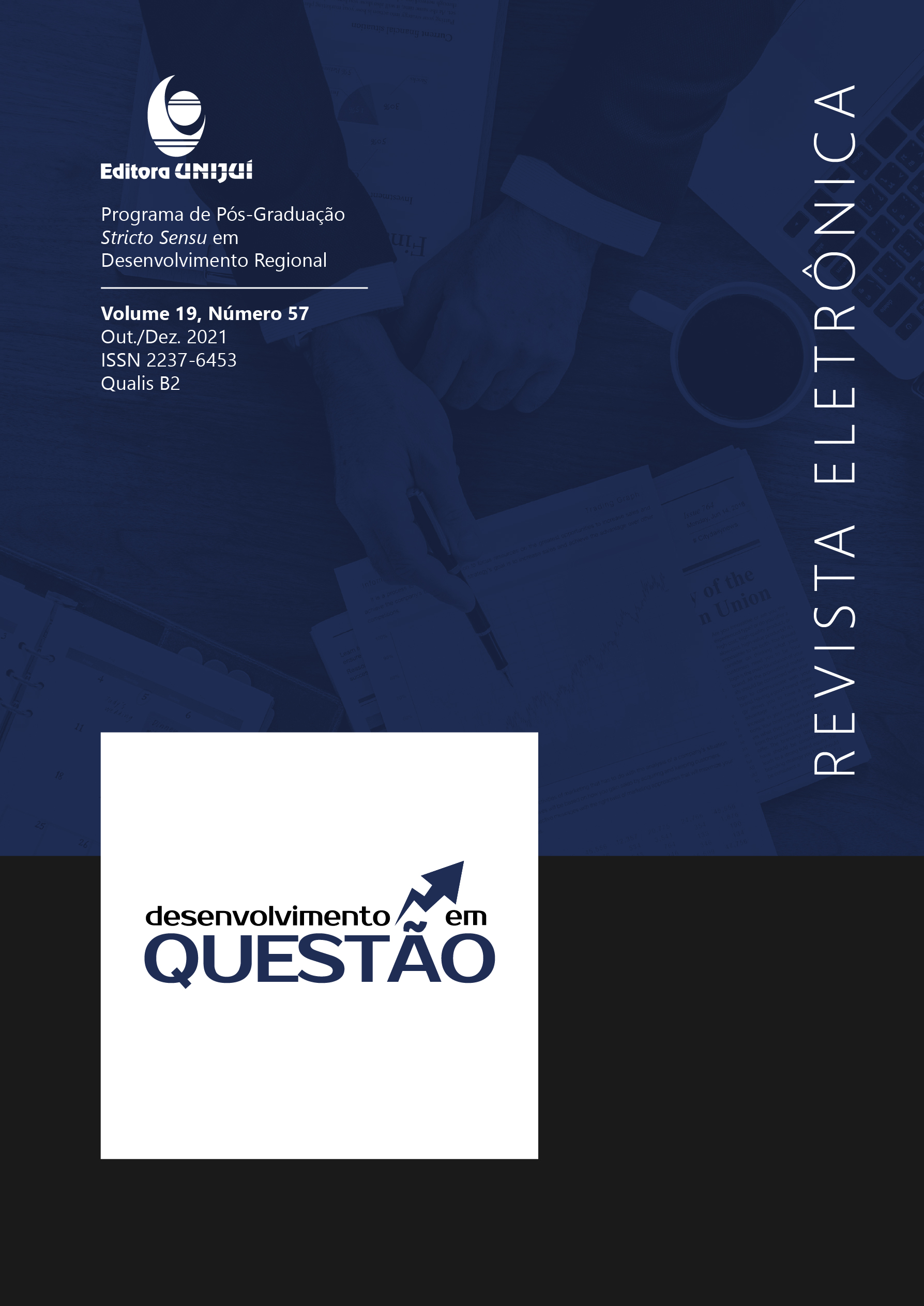FAMILY AGRICULTURE AND SOCIAL REPRODUCTION: STRATEGIES OF THE SETTLEMENTS OF SANTANA DO LIVRAMENTO / RS
FAMILY AGRICULTURE AND SOCIAL REPRODUCTION: STRATEGIES OF THE SETTLEMENTS OF SANTANA DO LIVRAMENTO/RS
DOI:
https://doi.org/10.21527/2237-6453.2021.57.11763Keywords:
Rural settlements. Pluriactivity. Milk. .Diversification. Development.Abstract
Family farming, diverse and heterogeneous, has historically developed a series of strategies to reproduce socially and economically. The present study sought to analyze the social reproduction strategies used by settled family farming in Santana do Livramento / RS. Methodologically the research is characterized as qualitative, carried out using the case study method. The research techniques used were: bibliographic and documentary research, semi-structured interview and non-participant observation. Eleven family farmers from three different rural settlements in the municipality were interviewed. Data analysis was performed using the content analysis technique. As main results, it is highlighted that the social reproduction strategies adopted by farmers are diversified, but do not differ between settlements. In adopting the strategies, farmers take into account the needs of the family, the area of land, location of the lot, access to public policies and their life experiences. Despite the existence of 30 rural settlements in the municipality, the settlers face difficulties to remain in the rural environment, demanding that the State assume its role of driving rural development.
Downloads
Published
How to Cite
Issue
Section
License
By publishing in Revista Desenvolvimento em Questão, authors agree to the following terms:
All works are published under the Creative Commons Attribution 4.0 International License (CC BY 4.0), which allows:
Sharing — to copy and redistribute the material in any medium or format;
Adaptation — to remix, transform, and build upon the material for any purpose, even commercially.
These permissions are irrevocable, provided that the following terms are respected:
Attribution — authors must be properly credited, a link to the license must be provided, and any changes made must be indicated.
No additional restrictions — no legal or technological measures may be applied that legally restrict others from doing anything the license permits.
Notices:
The license does not apply to elements that are in the public domain or covered by legal exceptions.
The license does not grant all necessary rights for specific uses (e.g., image rights, privacy, or moral rights).
The journal is not responsible for the opinions expressed in the articles, which are the sole responsibility of the authors. The Editor, with the support of the Editorial Board, reserves the right to suggest or request modifications when necessary.
Only original scientific articles presenting research results of interest that have not been previously published or simultaneously submitted to another journal with the same purpose will be accepted.
Mentions of trademarks or specific products are intended solely for identification purposes and do not imply any promotional relationship by the authors or the journal.
License Agreement (for articles published from 2025 onward): Authors retain the copyright to their article and grant Revista Desenvolvimento em Questão the right of first publication.











